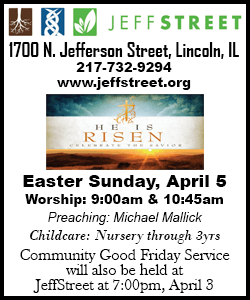|
 Tsarnaev, 21, could be sentenced to the death penalty or life in
prison if found guilty of killing three and injuring 264 people in
the April 15, 2013 attack. Tsarnaev, 21, could be sentenced to the death penalty or life in
prison if found guilty of killing three and injuring 264 people in
the April 15, 2013 attack.
Tsarnaev's lawyers opened the trial early this month by bluntly
admitting that their client committed the crimes of which stands
accused, but left his formal "not guilty" plea in place, meaning a
jury must first convict him before taking up the question of whether
to sentence him to death.
They have contended that Tsarnaev's brother, 26-year-old Tamerlan
Tsarnaev, was the driving force behind the bombing and that Dzhokhar
played a secondary role in it and in the fatal shooting of a police
officer three days later.
Their argument is intended to reduce Dzhokhar Tsarnaev's relative
culpability in the jury's eyes and persuade them to sentence him to
life in prison. U.S. District Judge George O'Toole has ruled that
argument cannot be made in full until after the jury decides whether
he is guilty.

Tamerlan died early on April 19, 2013, after Dzhokhar inadvertently
ran him over with a hijacked SUV at the end of a gunfight with
police.
On Monday, prosecutors wrapped up their case against Tsarnaev with
testimony from the medical examiners who autopsied 23-year-old
Chinese exchange student Lingzi Lu and 8-year-old Martin Richard.
Both were killed by the bomb Tsarnaev is accused of leaving near the
finishing line of the race.
The other fatality on the day of the marathon was restaurant manager
Krystle Campbell, 29. Massachusetts Institute of Technology police
officer Sean Collier, 26, was shot dead on April 18 as the brothers
prepared to flee the city.
[to top of second column] |

Defense attorneys called two witnesses on Monday, starting with a
photographer for the Federal Bureau of Investigation, who testified
that a book on home wiring was found in Tamerlan Tsarnaev's
apartment.
Computer forensics expert Gerald Grant said records showed that
Tsarnaev's mobile phone was near his college south of Boston at the
times prosecutors contend the pressure cookers and BB pellets used
in homemade bombs were purchased more than an hour's drive away,
suggesting the defendant could not have bought them.
Grant also testified about Tsarnaev's Twitter activity, which has
been called into question by prosecutors who introduced into
evidence a tweet Tsarnaev sent on the day of the Boston Marathon a
year before the bombing. It read, "They will spend their money and
they will regret it and then they will be defeated."
Grant testified that Tsarnaev's next tweet that day, about two hours
later, was banal. It read, "Hhmmm get breakfast or go back to sleep,
this is always a tough one."
(Reporting by Scott Malone; Editing by Toni Reinhold)
[© 2015 Thomson Reuters. All rights
reserved.]
Copyright 2015 Reuters. All rights reserved. This material may not be published,
broadcast, rewritten or redistributed.
 |